Lord Aberdeen
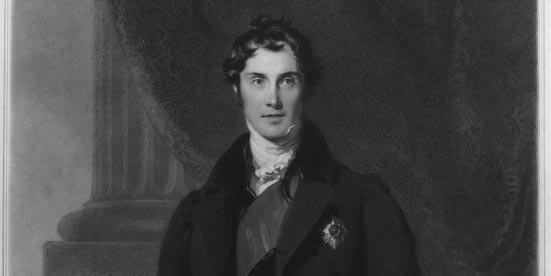
...not sit in the House of Lords by right but were allowed to elect 16 of their number to represent Scotland in the House). He accepted a diplomatic mission to...

...not sit in the House of Lords by right but were allowed to elect 16 of their number to represent Scotland in the House). He accepted a diplomatic mission to...
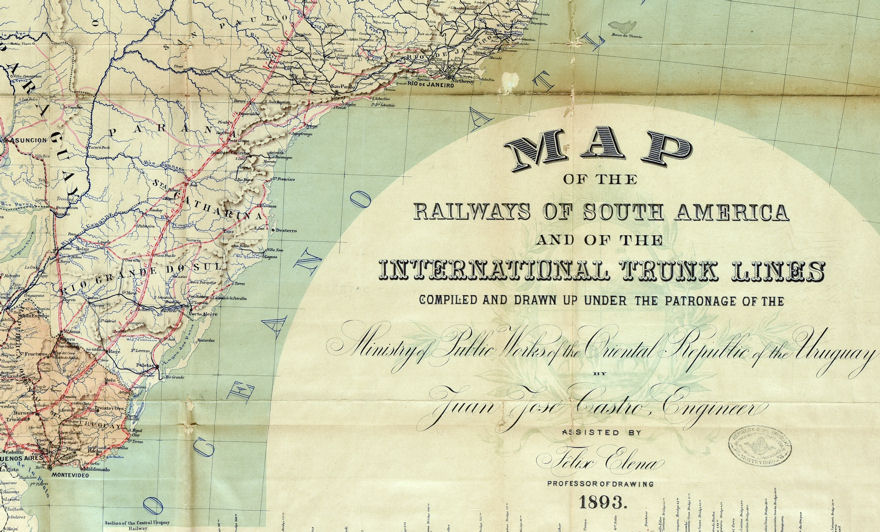
...and entrepreneurs arrived to make their fortunes. Welsh, Irish and Germans emigrated to make new lives in the newly opened markets and the cities. The SS Minosa1 left Liverpool in...
...some point before entering Number 10. By contrast, only five had served as Foreign Secretary, and two of these had also been Chancellor. So, when choosing Chancellors, twentieth-century Prime Ministers...
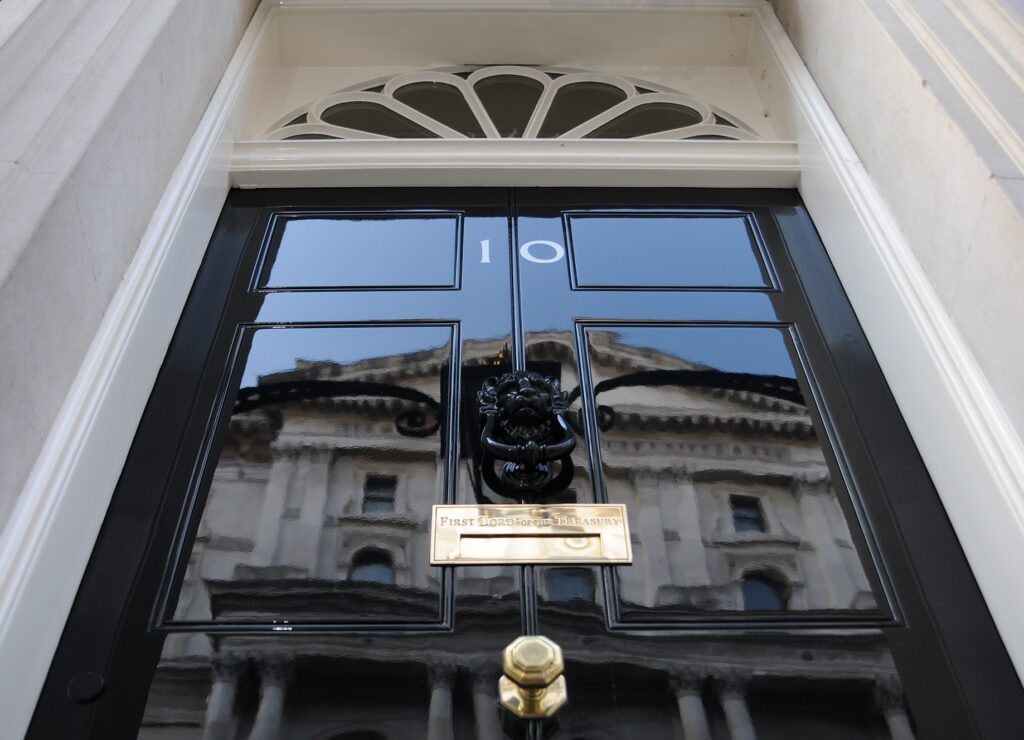
...the office of Prime Minister have evolved, and, whilst the number of staff, advisers and assistants working in No. 10 still remains very small when compared internationally, this number has...
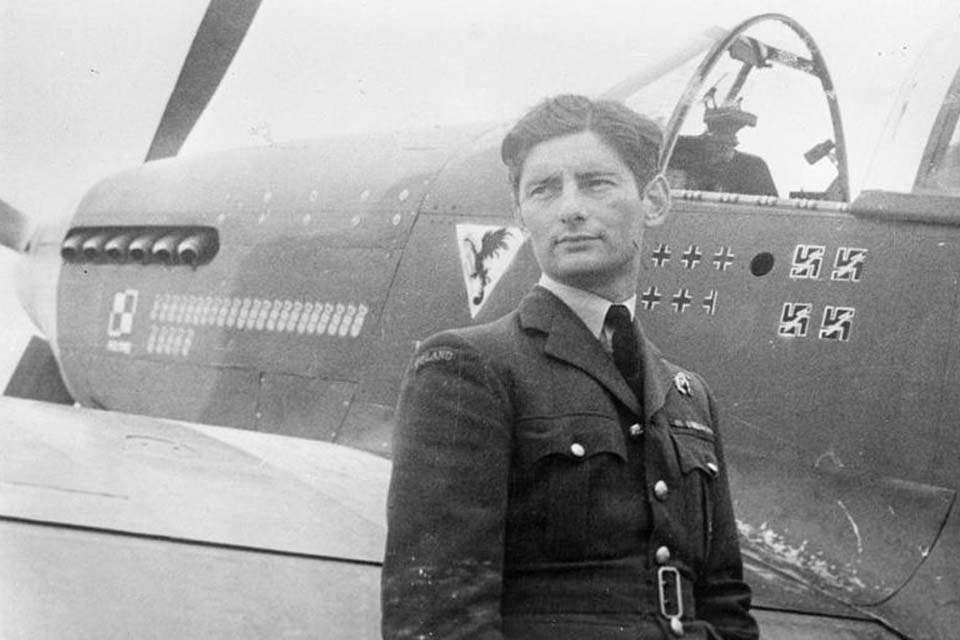
...in munitions factories and as forestry workers. In addition these countries also supplied raw materials and goods to Britain, helping in the manufacture of vehicles for the war effort. The...
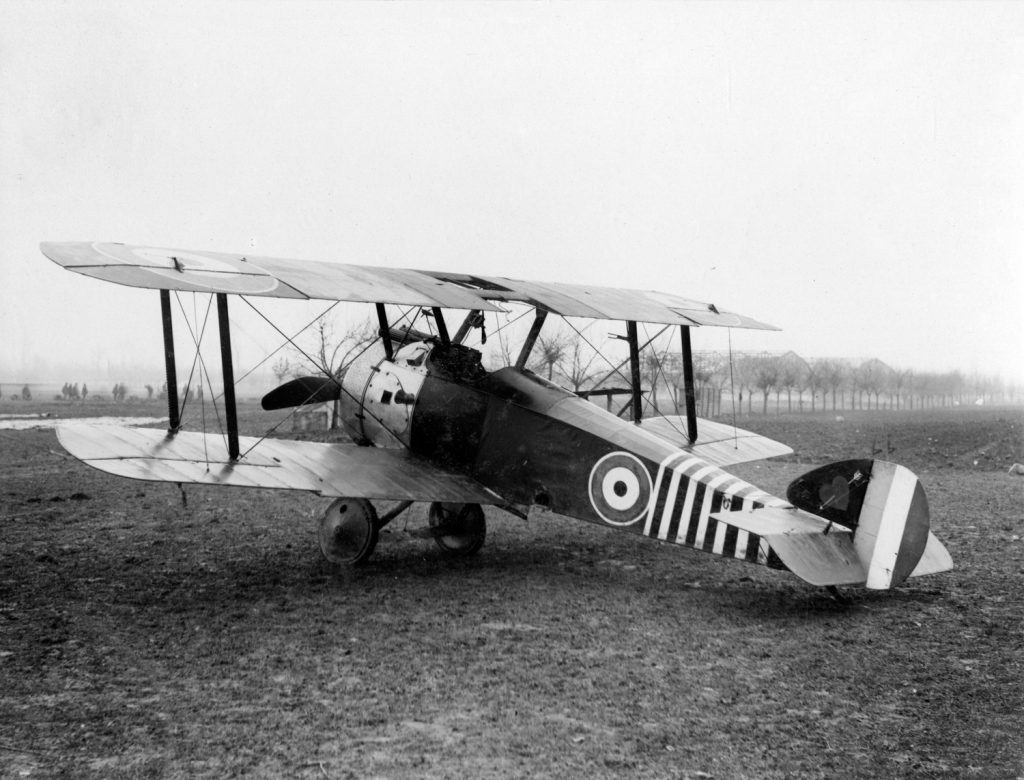
The RAF owes its existence to a number of people but high amongst those deserving of credit are a South African Field Marshal, a Welsh politician and a Scottish Soldier....
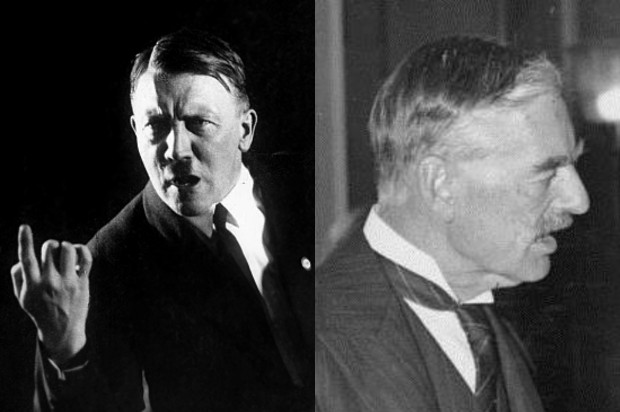
...not expected him to deviate from his insistence that the appeasement of Europe remained a realistic goal. Only 2 weeks earlier Chamberlain pronounced the international outlook ‘serene’, Anglo-German trade talks...
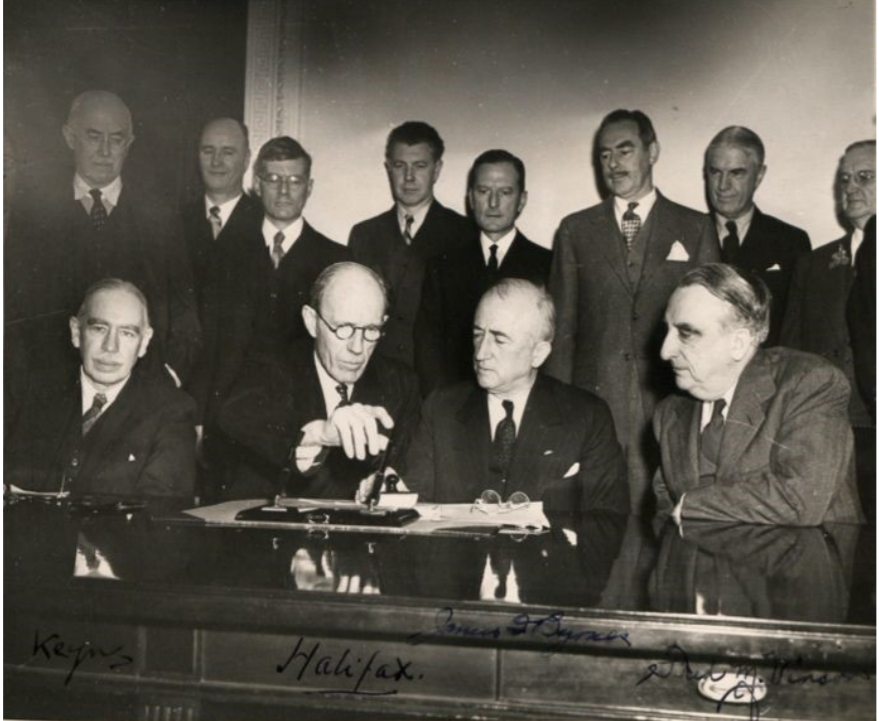
...wartime alliance, now threatened an already unstable international situation. The atomic bomb, employed to devastating effect against Japan, cast a global shadow. In some territories, like Greece or mainland China,...
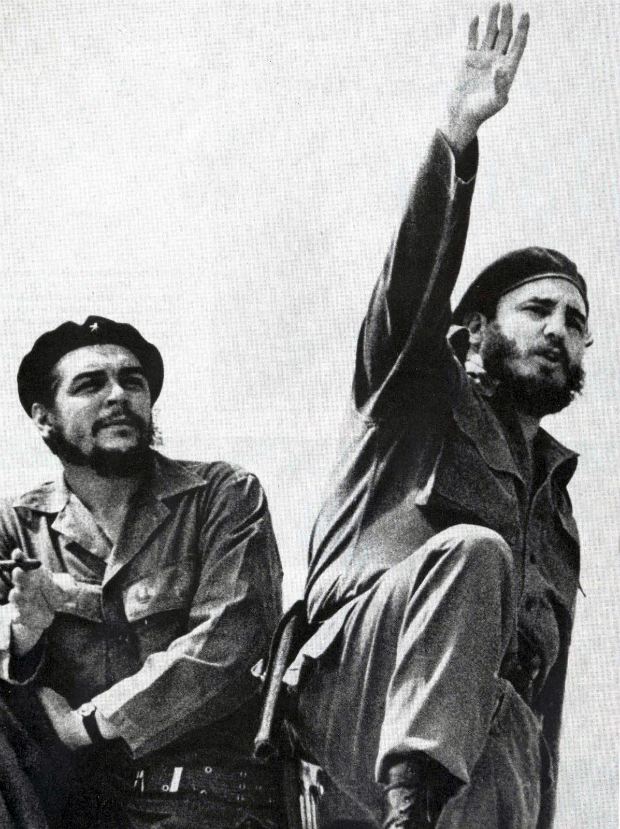
...assassination attempts by the CIA. Castro may have ruled over a small island in the Caribbean, but he was to become a powerful international figure, his influence felt from Moscow...
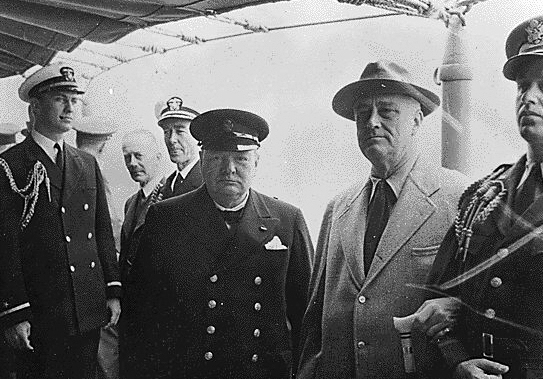
...of international tensions that persist today: for example in relation to Britain’s imperial legacy, Russian suspicions of Western intentions and transatlantic differences over trade. President Roosevelt and Winston Churchill on...